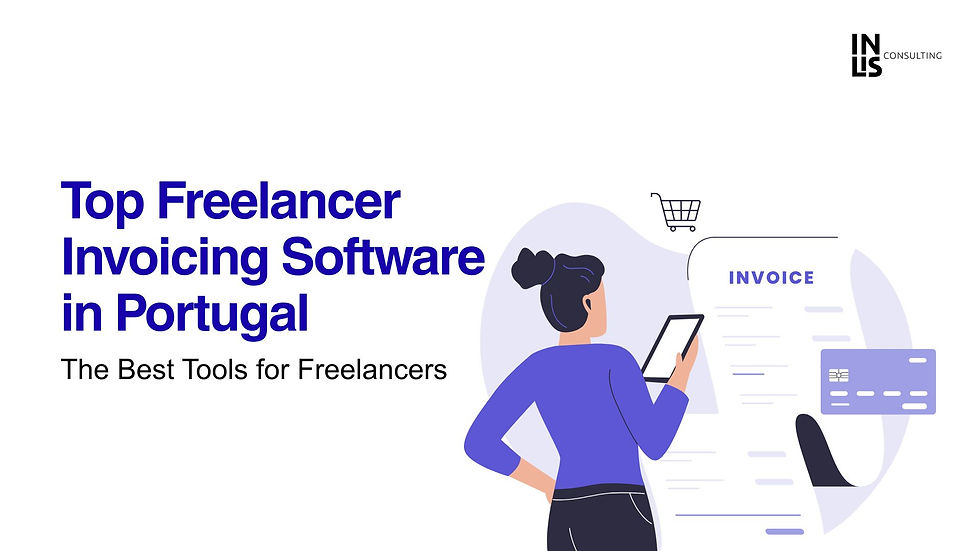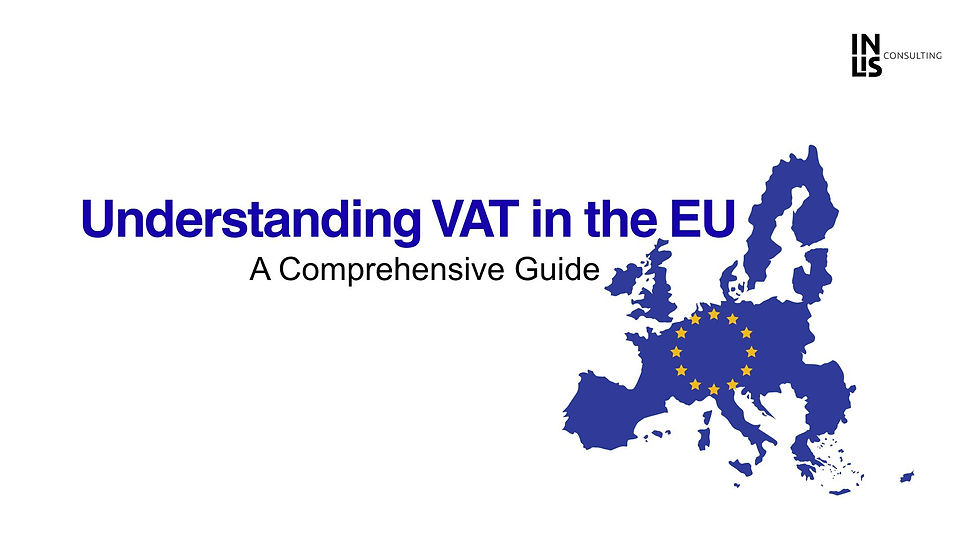The European Central Bank urges Preparedness for Potential Financial Crises
- INLIS Consulting
- Sep 29, 2025
- 2 min read
The European Central Bank (ECB) recently made headlines with an unexpected yet crucial piece of advice: “Keep calm and carry cash.” In a world increasingly dominated by digital payments, this recommendation serves as a timely reminder that physical money remains a vital tool for financial security, especially during times of economic uncertainty.

Why the ECB Recommends Carrying Cash
Even though electronic payments dominate daily transactions, the ECB emphasizes that physical cash is essential for resilience. Here’s why:
1. Accessibility in Case of Digital Disruptions
In rare but possible scenarios—such as technical failures, cyberattacks on banking systems, or large-scale financial disruptions—digital payment platforms could temporarily fail. Having cash ensures you can continue to purchase essentials like food, medicine, and transport without interruption.
2. Financial Inclusion for Everyone
Not everyone has easy access to digital banking or mobile payment systems. Physical cash guarantees that all individuals, including those in remote areas or without access to technology, can participate fully in the economy.
3. Privacy and Autonomy
Cash transactions allow individuals to maintain a degree of privacy and autonomy. Unlike digital payments, which leave a permanent electronic trail, cash offers a secure, anonymous alternative for managing everyday finances.
4. Psychological and Practical Preparedness
Carrying cash can help reduce stress during emergencies. Knowing you have a backup means you are prepared for sudden financial disruptions, fostering a sense of control and security.
🔍 Practical Steps to Be Financially Prepared
Taking the ECB’s advice seriously doesn’t mean hoarding money or panicking. It’s about responsible preparedness. Here are actionable steps:
Maintain a Reasonable Cash Reserve
Keep enough cash at home for essential daily expenses, such as groceries and transportation, for a few days or weeks, depending on your needs.
Store it in a secure, fireproof location.
Diversify Your Payment Options
While cash is important, ensure access to credit/debit cards and mobile banking apps.
Regularly review your banking options and backup methods in case of disruptions.
Stay Informed About Financial Developments
Monitor official sources like the ECB or your national central bank for updates.
Understand potential risks and know where to turn for official guidance during crises.
Plan for Family and Dependents
If you live with family, ensure everyone knows where cash is stored and understands how to use it in emergencies.
Why This Advice Is a Wake-Up Call
The ECB’s recommendation is not a signal of imminent danger but a proactive measure. Global economies have faced unexpected challenges in the past, from banking crises to pandemic-induced disruptions. Physical cash acts as a reliable safety net when electronic systems fail.
This is particularly relevant in the current financial climate, where geopolitical tensions, energy price volatility, and market fluctuations can create uncertainty. Being prepared with cash is a simple yet effective step toward financial resilience.
Final Thoughts
The message from the ECB is clear: don’t panic, but be prepared. Keeping a modest cash reserve and maintaining access to multiple payment methods ensures that you can navigate any financial disruption with confidence.
Being proactive today can prevent unnecessary stress tomorrow. In uncertain times, cash remains king.
🔗 Useful References
European Central Bank Official Guidance




Comments